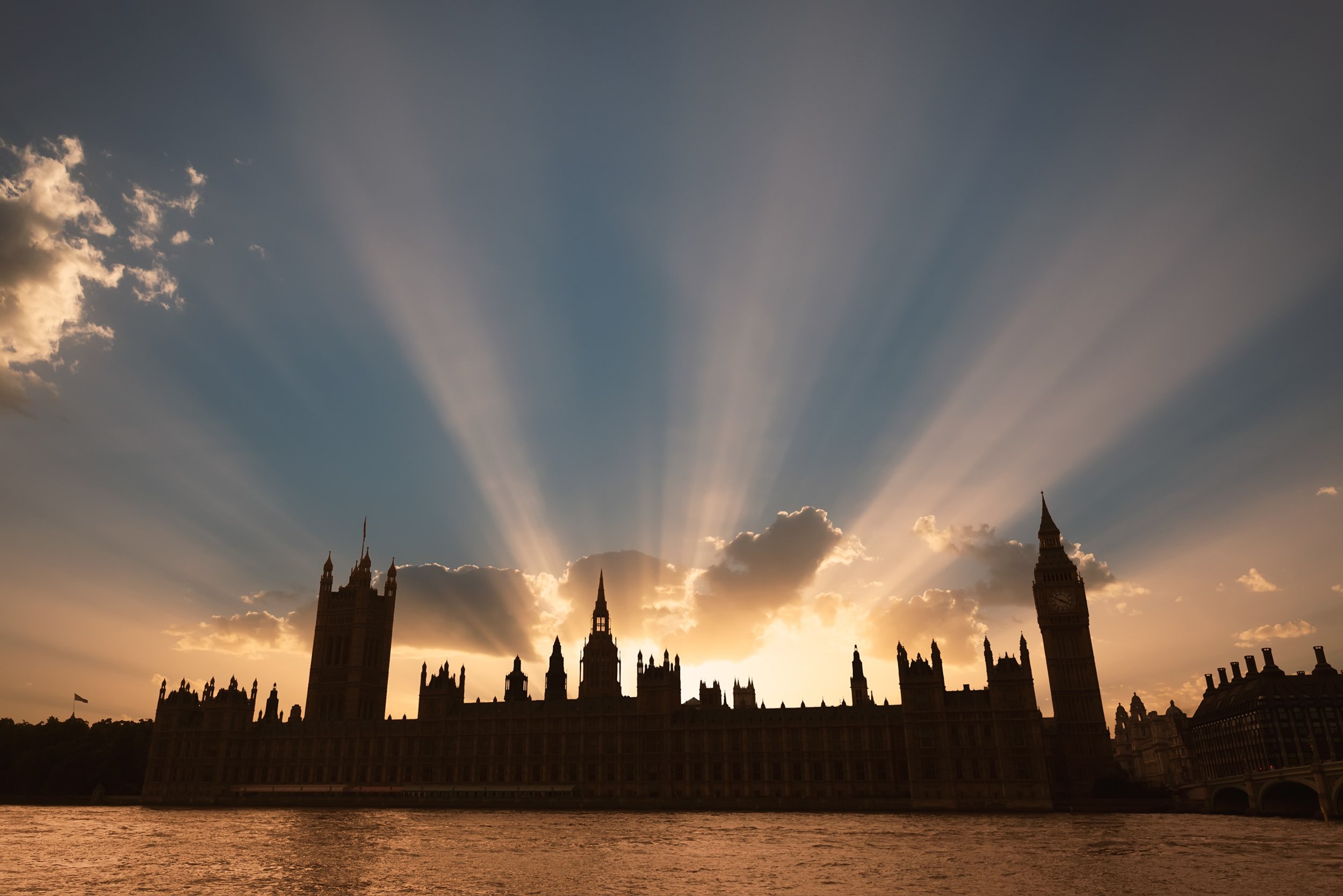
UK - Private Rent - July 2024
Office of National Statistics - 17th July 2024
The Price Index of Private Rents (PIPR) measures private rent inflation for new and existing tenancies. The UK House Price Index measures house price inflation and given the way in which rents have increased significantly over the last 2 years, it is of paramount importance to see just how rents differ within different parts of the UK.
Average UK private rents increased by 8.6% in the 12 months to June 2024 (provisional estimate), down from 8.7% in the 12 months to May 2024.
Average rents increased to £1,310 (8.6%) in England, £743 (8.2%) in Wales, and £959 (8.4%) in Scotland, in the 12 months to June 2024.
In Northern Ireland, average rents increased by 10.3% in the 12 months to April 2024.
In England, rents inflation was highest in London (9.7%) and lowest in the North East (5.9%), in the 12 months to June 2024.
Average UK house prices increased by 2.2%, to £285,000 in the 12 months to May 2024 (provisional estimate), up from 1.3% (revised estimate) in the 12 months to April 2024.
Average house prices increased in England to £302,000 (2.2%), in Wales to £216,000 (2.4%), and in Scotland to £191,000 (2.5%), in the 12 months to May 2024.

Consultations on new Property Licensing schemes launched.
Licensing is, of course, not a new initiative within the Private Rented Sector. The Housing Act 2004 (the Act) introduced a range of measures designed to address to improve the management of HMOs. The Act introduced mandatory licensing of all HMOs which are occupied by five or more persons forming two or more households.It also introduced two types of discretionary licensing. These are additional licensing, where a council can impose a licence on other HMOs in its area which are not subject to mandatory licensing, but where the council considers that poor management of the properties is causing problems either for the occupants or the general public, and selective licensing to cover all privately rented property in areas which suffer or are likely to suffer from low housing demand and also to those that suffer from significant and persistent anti-social behaviour. Other measures include management orders and rent repayment orders.

King’s Speech presents Renters’ Rights Bill
The highly anticipated King’s Speech on 17th July under the Labour government did not contain any real surprises for the Private Rented except for the fact that what was the Renters Reform Bill kicked into the long grass when the General Election was announced, has now been renamed the Renters’ Rights Bill - emphasis on the first 2 words.
The King’s Speech set out the government's priorities and proposed legislative programme for the next Parliamentary session.
While acknowledging that responsible landlords had made a great contribution to the private rented sector, the government believes that there should be reform with regards to the rights of landlords and tenants.

Post - Election Protocol
After a general election a new Parliament meets and a new parliamentary session begins. Members of both the House of Commons and the House of Lords are required to take an oath of allegiance to the Crown before they take their seats in Parliament.
The State Opening will take place on Wednesday 17th July following the election of the Speaker of the Commons and the swearing-in of Members of both Houses.
